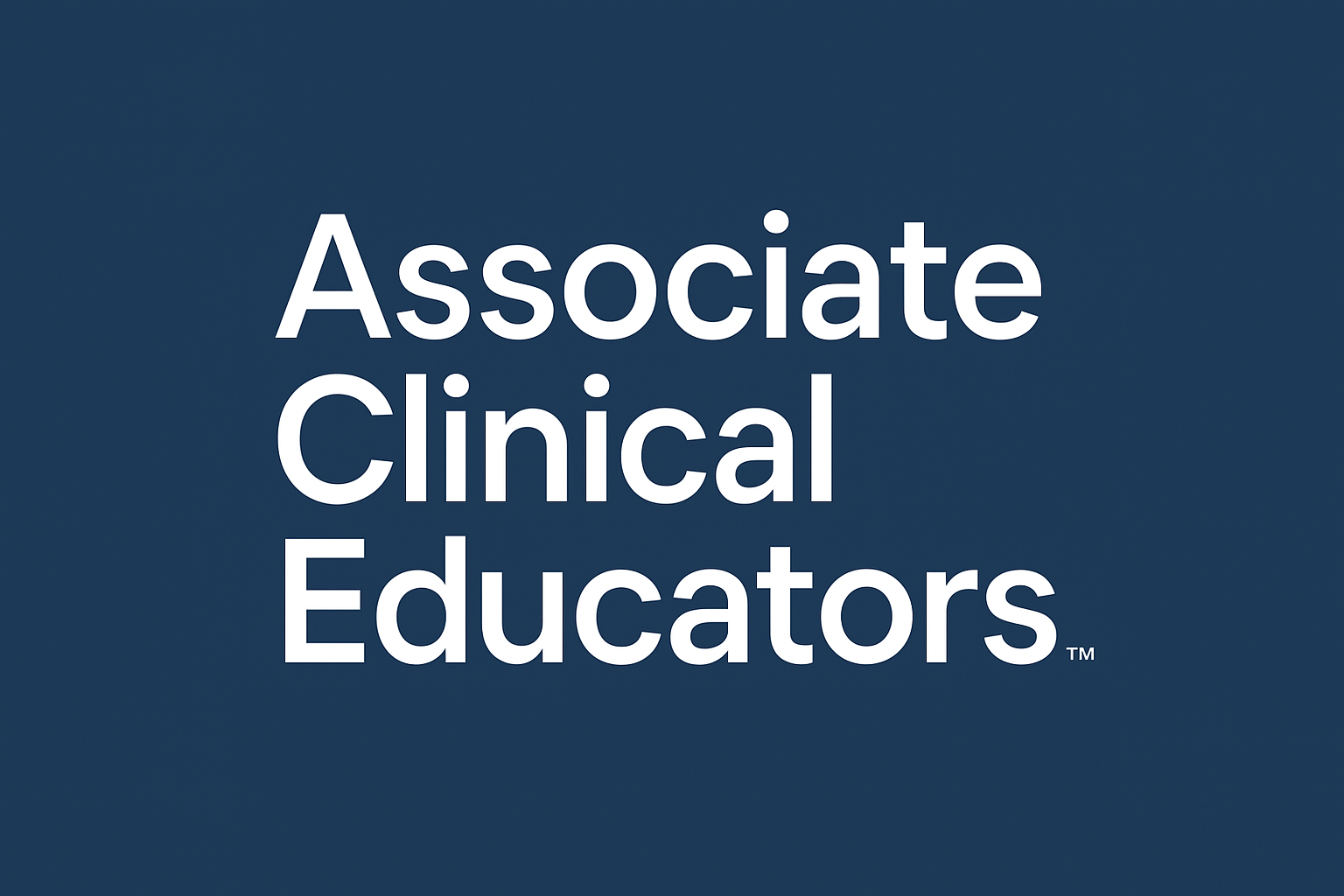A Note of Thanks From Meducate Academy — A Moment of Reflection
A Note of Thanks From Meducate Academy — A Moment of Reflection As the year draws to a close, it...
Read MorePosted by R Spour | Dec 11, 2025 | Associate Clinical Educators, Matt Chapman, Meducate Academy |
A Note of Thanks From Meducate Academy — A Moment of Reflection As the year draws to a close, it...
Read MorePosted by R Spour | Oct 11, 2025 | Associate Clinical Educators, Meducate Academy |
Empowering Ethical Learning Through Strategic Collaboration Introduction Modern medical education...
Read MorePosted by R Spour | Jul 12, 2025 | Associate Clinical Educators |
Intro Pharmacists are among the most accessible healthcare professionals, often serving as the...
Read MorePosted by R Spour | May 3, 2025 | Associate Clinical Educators |
In today’s fast-paced and ever-evolving healthcare landscape, doctors, nurses, and medical professionals embark on journeys that mirror the classic hero’s path—filled with trials, transformation, and triumph. This article explores The Hero’s Journey through the lens of modern healthcare, revealing how those in medicine face emotional and physical challenges, grow through mentorship, and return with hard-earned wisdom to heal others. By blending mythology, storytelling, and real-life medical experiences, we highlight the profound personal and professional evolution that defines a career in healthcare.
Read MorePosted by R Spour | Apr 30, 2025 | Associate Clinical Educators, Clinical Education, Meducate Academy |
Medicine has always carried an expectation of certainty. Patients seek definitive answers....
Read More